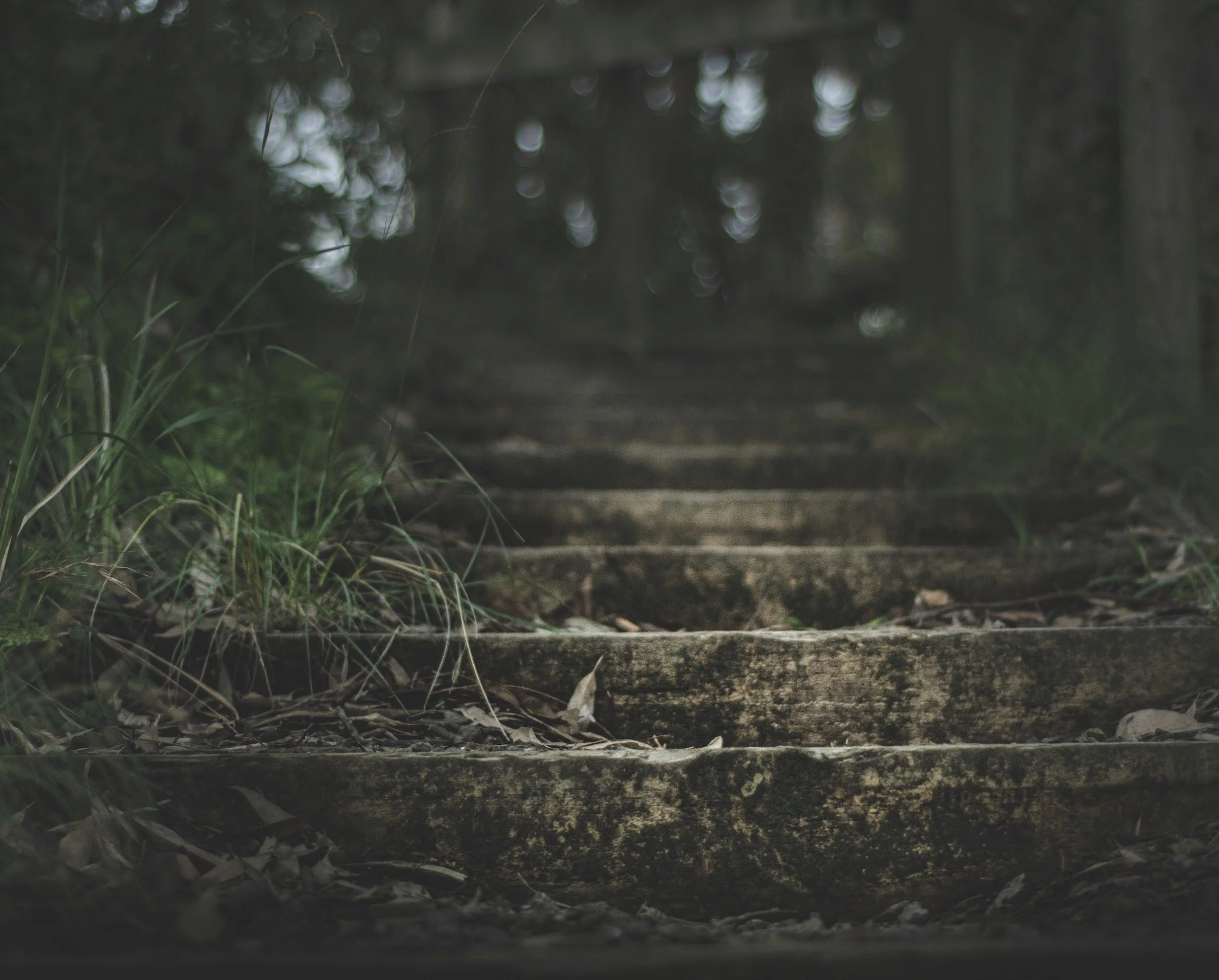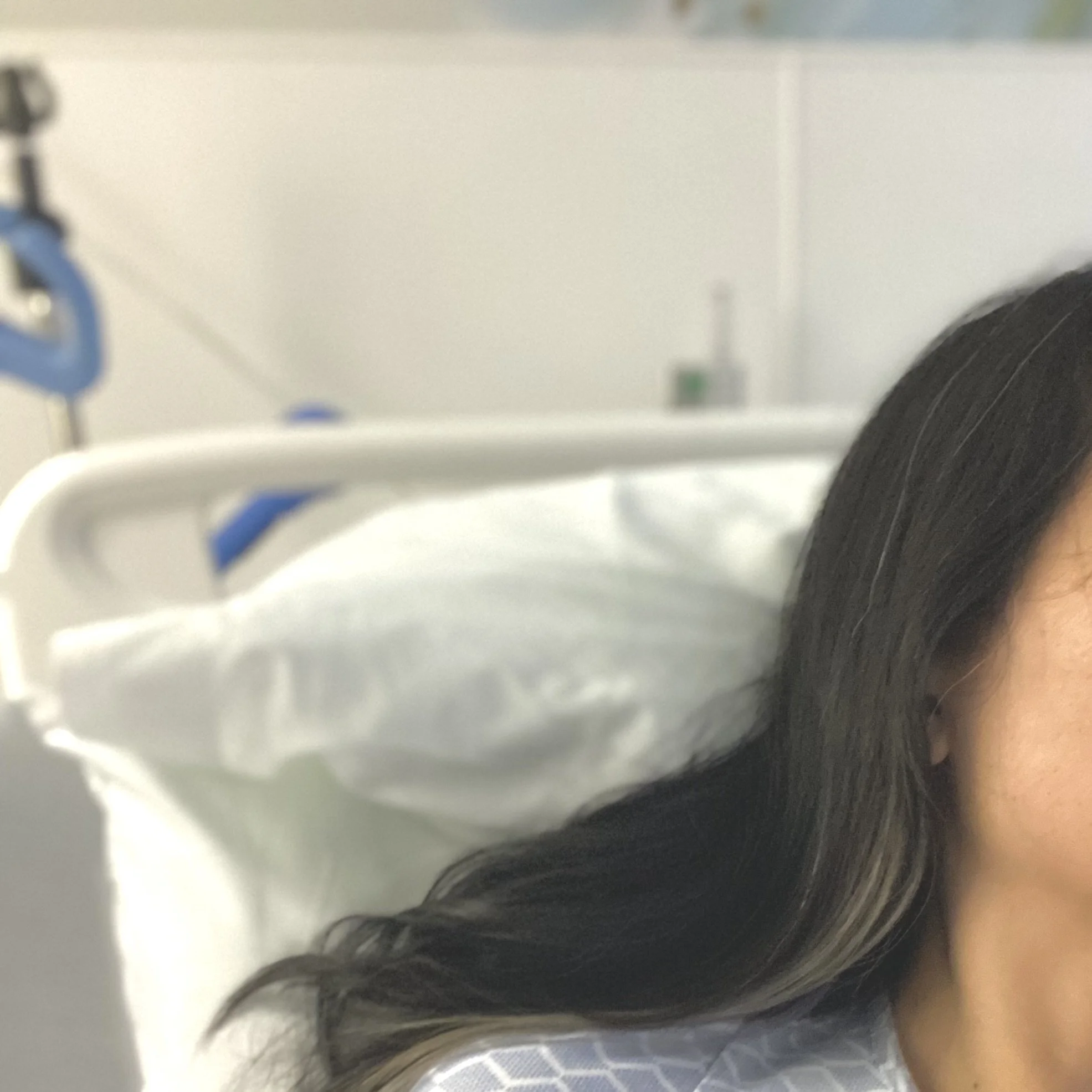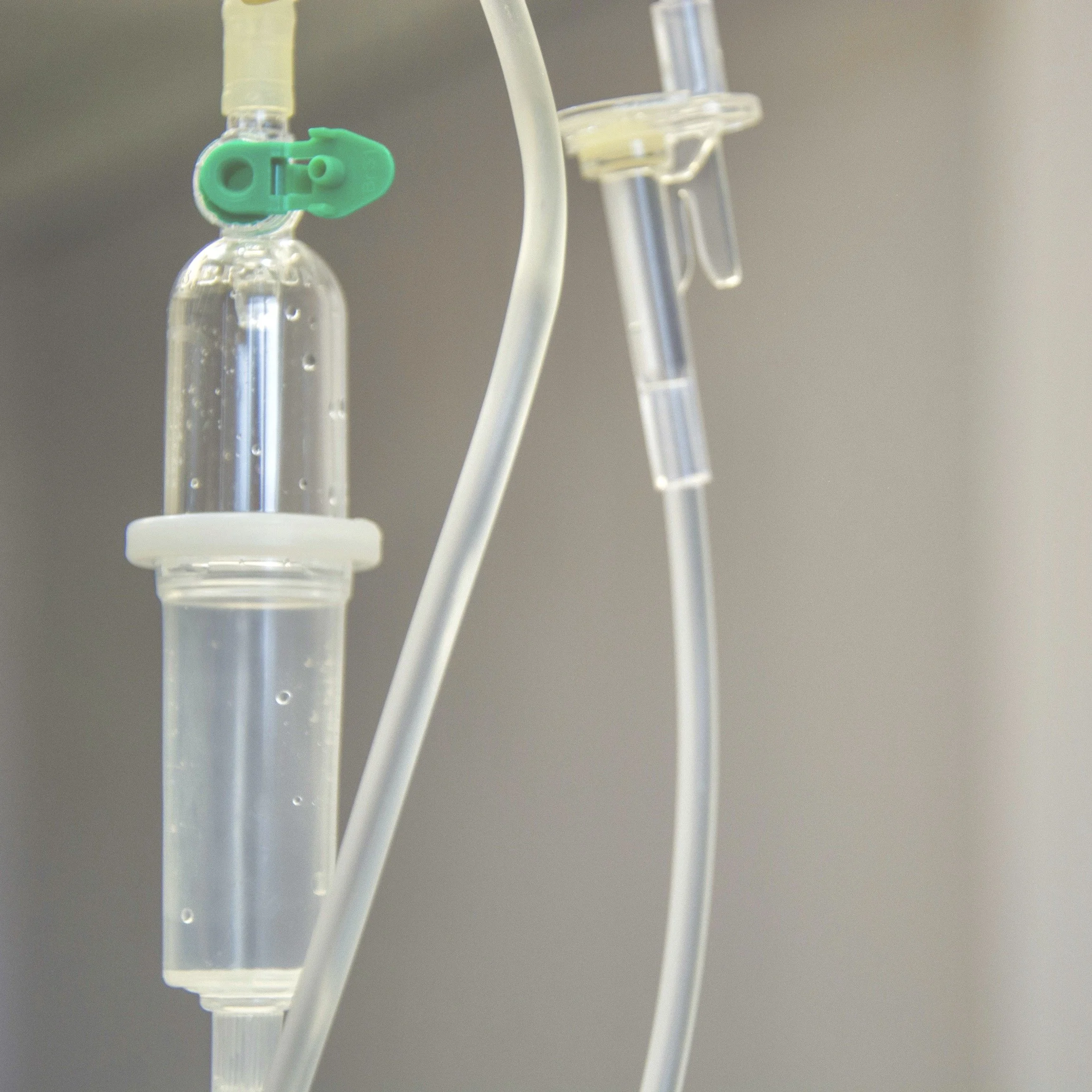Unholy Terror
Blessed are we who let reality in
though the body shudders.
- Kate Bowler
The other day, I was getting ready to undergo a procedure, projecting the indefatigable optimism and cheerful gratitude I seem incapable of not expressing in those moments. Thank you for getting me prepped for all this unpleasantness! A nurse came over to hold my hand as the team readied the needles, and even through her gloved hand she could tell mine was freezing. “Why is your hand so cold?” she couldn’t help asking. I paused for a moment. “Oh, it’s just my body telling me how I’m really feeling.”
During this period of being newly diagnosed but not yet ill, the days feel suffused with meaning—but also with something else. Something my body, rather than my mind, seems to be telling me. Rationally, I know things are on-track. The biopsy of the second concerning area in the same breast returned as “likely precancerous” (qualified with pathology-speak for “didn’t look or stain exactly like cancer, but still looks off, and anyway, there wasn’t a lot of tissue for us to work with so who knows”). The note was signed off by three pathologists and then they went and consulted a fourth to be sure—or at least to be sure about how unsure they all were—which explained why the results took longer to come back. Next step: meet with a surgeon.
This all makes perfect sense in my mind, but somewhere, my subconscious is screaming cancer, cancer! like some terrible alert that shocks its way through my nerves and leaves a perpetual pit in the bottom of my stomach. I go to sleep with that stone in the stomach. I wake up, early, and lie there with it. I want to be noble and calm in the face of suffering. Instead, I feel scared.
I would very much like to will this fear away. I know lots of others have got it (much!) worse; I know I am in good hands, in both the medical and metaphysical sense. I know this will all be something I look back on one day as a thing of the past. But none of that changes the niggling feeling in the tummy, the vague unsettledness that erodes my appetite and distracts my attention.
Until I realize: I don’t have to escape the fear. I don’t have to explain it, or feel ashamed of it. I will probably be living with some amount of it on this road I walk. The point is to not wallow in it, not be paralyzed by it, but to walk with it. And as I let it be there, I hear like a whisper the words of Saint Teresa, when she describes going into the innermost rooms of the “interior castle”: “It’s necessary that he who gives everything else give the courage also.”
She’s speaking of God. I’ve been slowly parsing my way through Psalm 23 in the Hebrew. The first hint you get that something is amiss perhaps is in verse three, which literally reads “you return to me my life”—is he losing himself? Then: “even if I will/should walk in the valley of darkness, I will not fear evil, for you (are) at my side.” This is what courage means, I think. Not the absence of fear, but the surety of God’s presence in it. I think about the million different ways David could have written that phrase you are at my side. Probably the most customary one, the one that would have fit with how he’s been writing so far, would have been to tuck all the pronouns into a verb. But while my is a suffix, he separates out the you for emphasis—it is its own word, standing alone at the front of the phrase. You, you, you. There, is my fear. There, you are.
Kate Bowler tells the story of a friend who was recently diagnosed with cancer. As Kate stared into her smiling face stammering something about how sorry she was, her friend said with utter calm and sincerity, “I have known Christ in so many good times. And now I will know Him better in His sufferings.”
You are there, and he is there. You are there, and he has been there, he has suffered down deep to the belly and the bones in a way you will probably never comprehend, but which now eases you just a bit, just enough to go on.






